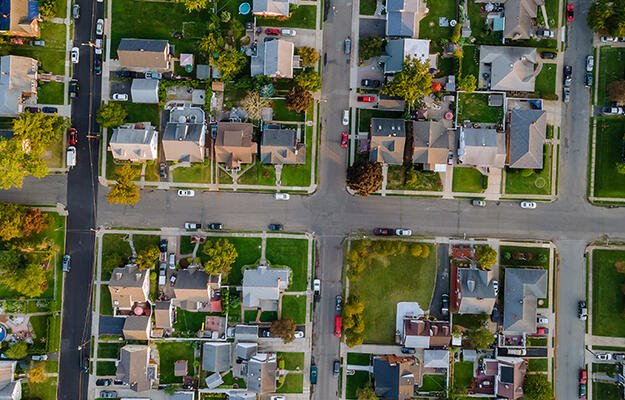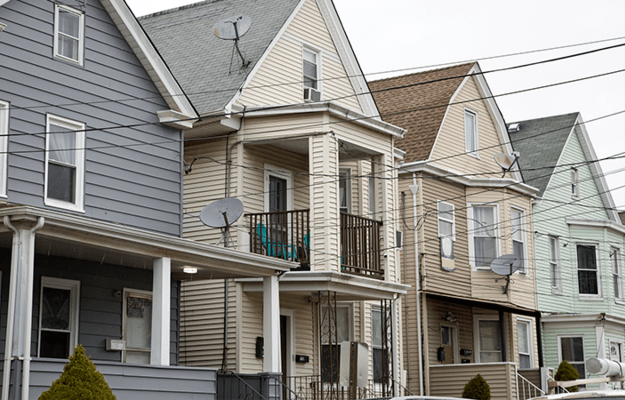
(Artazum/Shutterstock)
Social Supports and Housing Influence Formerly Incarcerated People’s Outcomes after Prison
- Title:
-
Household Support and Social Integration in the Year after Prison
- Author:
-
Catherine Sirois
- Source:
- Publication Date:
-
2019
Research often defines households as families of parents with young children or tracks residences using administrative records. This definition doesn’t recognize the housing instability and familial complexity many people may experience, including those recently released from prison.
To better account for justice-involved people’s lived experiences, this study proposed an alternative definition of a supportive household that includes three components: stability of physical residence, availability of close kin, and economic security of household members. The authors examine how peoples’ social contexts, such as household stability, contribute to recidivism, attachments to social relationships, and employment.
This study draws on data from the Boston Reentry Study, which documented the experiences of 122 men and women for one year after they were released from a Massachusetts state prison. Adults within one month of release from prison who had a post release address in the Boston area were recruited into the study between May 2012 and February 2013.
The study’s sample was representative of all prison releases to the Boston area during that time frame. Data collection for this study included in-person interviews, regular phone check-ins, interviews with family members or close friends, and linked administrative records. The authors collected data that would allow them to track places where people stayed after their prison sentence and map their networks of household relationships. Surveys included questions about residence type and household composition at 1 week, 2 months, 6 months, and 12 months after release from prison.
Key findings
- Supportive households that were residentially stable, had close kin available, and were offered economic security helped people who were released from prison develop community bonds in relationships and at work.
- Eighty percent of people move at least once during the year after they are released from incarceration. More than half of these didn’t live in households with close kin or in households with people bringing in income.
- Early household support (e.g., residential stability, availability of close kin, and economic security) after release from prison is associated with reduced risks of a new criminal charge, social isolation, and unemployment later in the year. Having a supportive household may also provide the stability needed to develop close ties.
- A stable residence coupled with consistent access to social relationships and other income earners can support social integration after incarceration.
Policy implications
- This study highlights the importance of supportive social environments after release from prison. The authors suggest reentry policy shouldn’t focus only on providing housing but should also aim to encourage sufficiently supportive living contexts.
- Providing a tax credit or stipend for people who house their kin after release from prison might ease burden for families and improve outcomes for people who were recently released from prison.
- Standard data collections built on conventional household sampling frames or that lack detailed measurement of nontraditional households would be less likely to provide important insights for poor or recently incarcerated populations, suggesting research designs that measure households more flexibly and that combine multiple methods would be best positioned to provide meaningful insights.


